After the State Gazette published the election results and the names of the new members of parliament, and President Rumen Radev issued a decree convening the 45th National Assembly on 15 April, attention is now focused on the possible interaction among parties and the composition of a future government of the country.
For the construction of a ruling coalition we shall probably have to wait for the decision of showman and TV host Slavi Trifonov, leader of ITN (There Is such a People), the political force with the second largest group in parliament. According to sociologist Yuliy Pavlov, the formation of a so-called reformist majority by the “protest parties” is impossible because these parties have a little over 90 MPs out of a total of 240 seats in parliament.
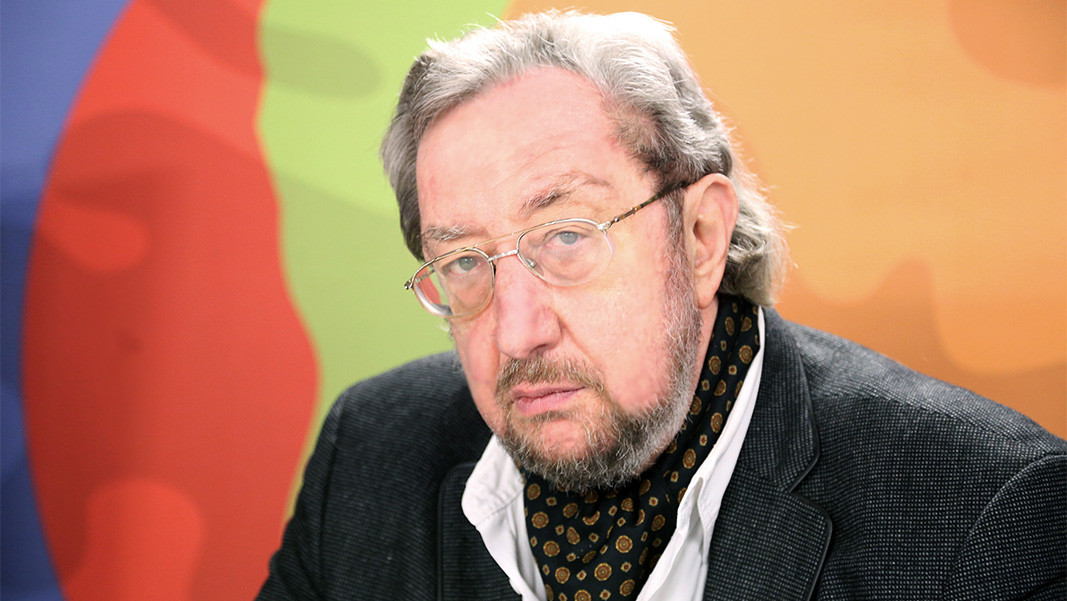
Slavi Trifonov’s newly formed party, ITN, is probably in the best position compared to all others, a party that is yet to have its baptism by politics in plenary. But Slavi Trifonov and his team face a very difficult choice:
“They face three options,” Yuliy Pavlov explains. “One is to move towards new elections, and that is what analysts are advising him, as their predictions are that ITN will come out as the first political force. They might improve their result but without matching GERB’s result. On the other hand they might get a result that is worse. The other two options end with a government. He might negotiate with the protest parties and offer a coalition cabinet together with them, or a cabinet that is entirely his own, without negotiating with anyone.”
A brand new post-election reality, is what security expert Assoc. Prof. Velizar Shalamanov, elected MP from Democratic Bulgaria, is predicating:
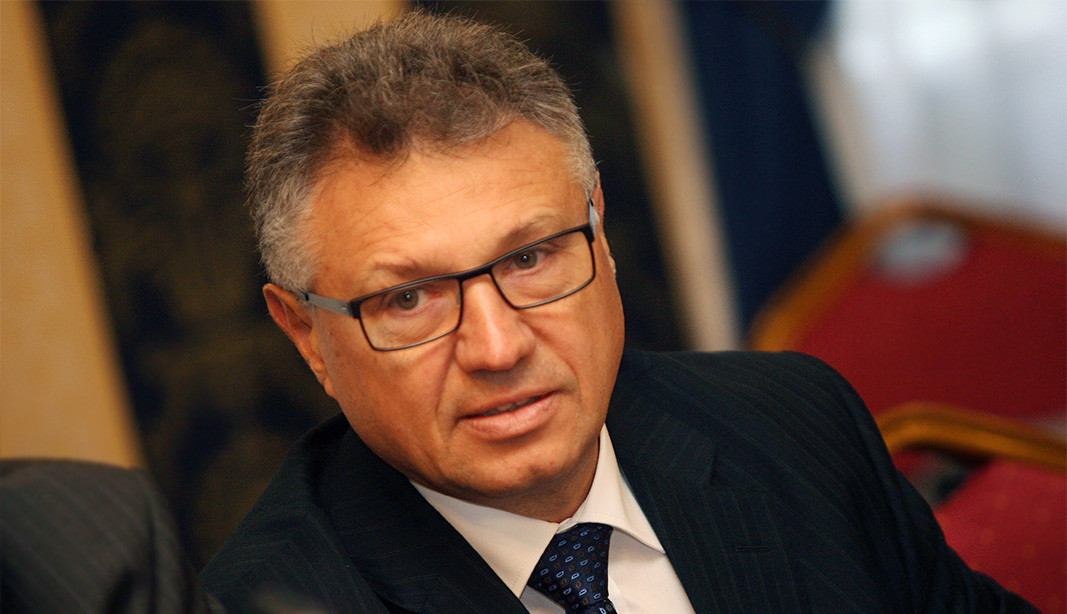
“The people voted very clearly for change. The responsibility for this change falls to many new people who are part of the new National Assembly. They will have to work it out to find the best solutions.”
Despite its fifth parliamentary election victory, the now ruling GERB party finds itself in a paradoxical situation, something we have seen before – in 2013-2014. Analysts remind us that then, as now, all other parties represented in parliament refused to cooperate with GERB, forcing them to go into opposition.
Yesterday it was announced that GERB will not hand back the mandate and will exercise its constitutional right of proposing a cabinet of its own in recognition of the trust of the Bulgarian citizens who, by their vote, put the party in first position. “A cabinet in which there will be continuity but also change,” Deputy Prime Minister Tomislav Donchev announced, analyzing the results of the elections for parliament:
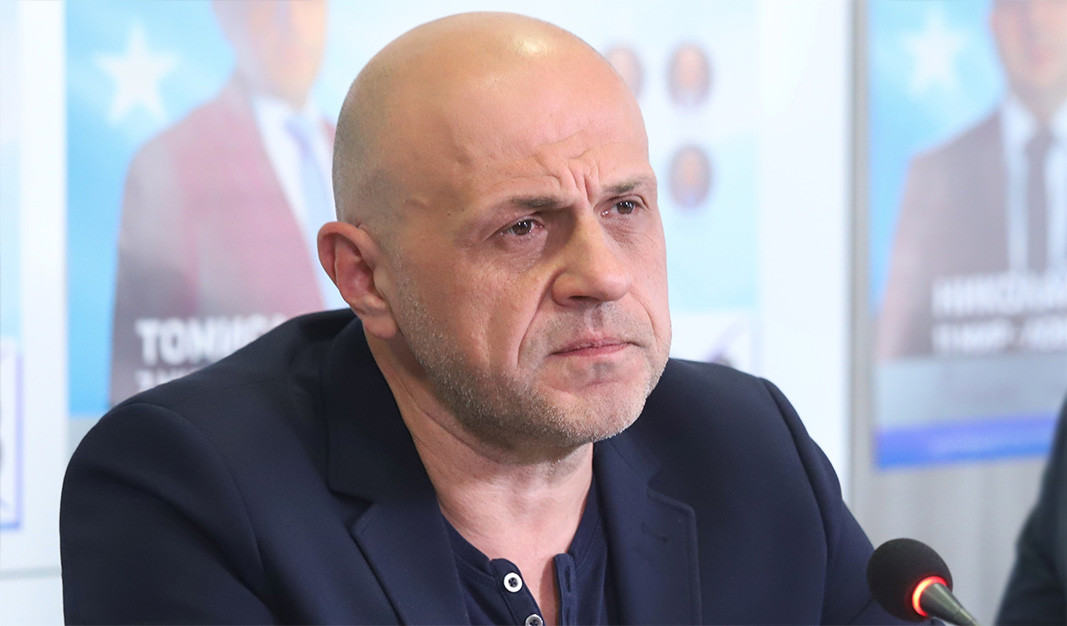
“We are not begging for anyone’s support,” Tomislav Donchev said and laid emphasis on the fact that most of the political forces have stated who they would be willing to cooperate with in the interest of the formation of some kind of parliamentary majority. “Yes, we are ready with a proposal for a cabinet – prime minister, ministers, a nomination for president and vice-president of parliament. A government will be put forward and it is not going to be a political gesture, it is going to be a government that can function.”
Commenting on the possibility of early parliamentary elections and a caretaker cabinet put forward by President Rumen Radev, Tomislav Donchev said:
“I am not afraid of a caretaker cabinet. It is quite another matter, however, that to seek revenge in politics is not a good technique. It will not do society any good.”
The option of moving towards early elections is nothing to be afraid of, says political analyst Georgi Kiriakov.
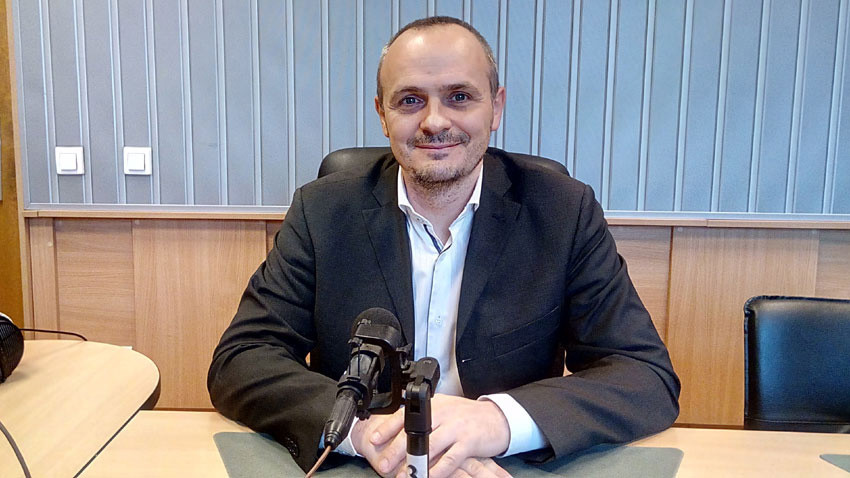
“The cost of holding another election is not going to impoverish the treasury but it is going to enrich democracy,” he says in an interview for the BNR’s Radio Plovdiv.
“There are lessons to be learnt from the 4 April elections by all parties that have ruled the country,” says Dr. Fikri Gulestan, who is a dentist, for BNR’s Radio Kurdzhali, and adds that the Bulgarian Socialist Party’s ouster from second to third place marks the end of the period of transition and the beginning of something new:
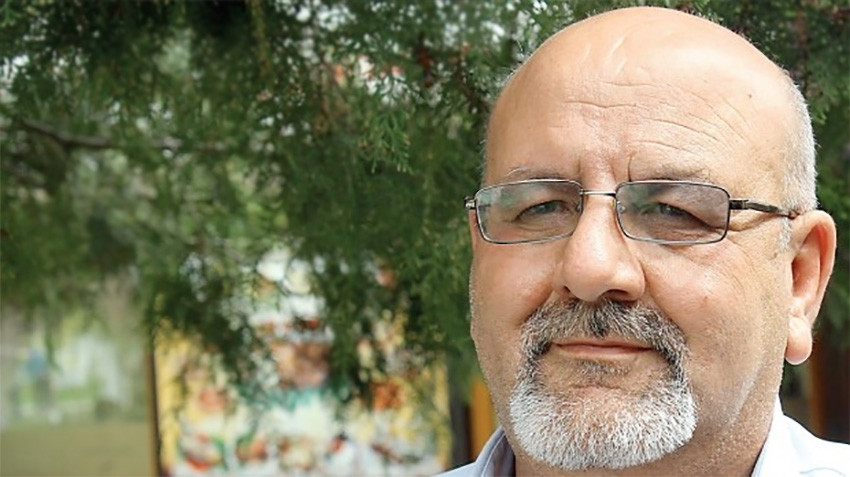
“The people voting for the Bulgarian Socialist Party, the Movement for Rights and Freedoms and GERB, are voting for the systemic parties, but in these four years new voters have appeared who do not identify with them. It is from these voters that I think the impetus for change will come, though as with any other birth, it is going to be a difficult process. We all remember how, in 1990, we started a change with a sincere belief in democracy. As it turned out, 30 years later we are the poorest country in Europe with the unhappiest people. It appears that something, somewhere went wrong. That is why the next generation which knows the world and Europe so much better is going to demand a reboot of the country.”
Interviews by Horizont channel, Radio Plovdiv and Radio Kurdzhali - Bulgarian National Radio
Editing by Yoan Kolev
Translated from the Bulgarian by Milena Daynova
Photos: BGNES, BNR-library and archiveDragomir Stoynev, an MP from the BSP-United Left coalition, told BNR that the election of the parliamentary speaker was an agreement between political forces to stabilise the political situation. On 6 December, St Nicholas' Day, the 51st National..
Greek and Turkish Cypriots call for more crossing points along the Green Line The political parties of the Greek Cypriots and the Turkish Cypriots have called on their leaders to open more crossing points along the..
Lawmakers gathered on Wednesday to make yet another, ninth, attempt to elect a Speaker of the 51st National Assembly , which would have allowed Parliament to begin its work. Four candidates were put to a first vote - Atanas Atanasov of We Continue the..
GERB-SDS terminates the negotiations for the formation of a regular government due to the refusal of Democratic Bulgaria to support a GERB..

+359 2 9336 661
